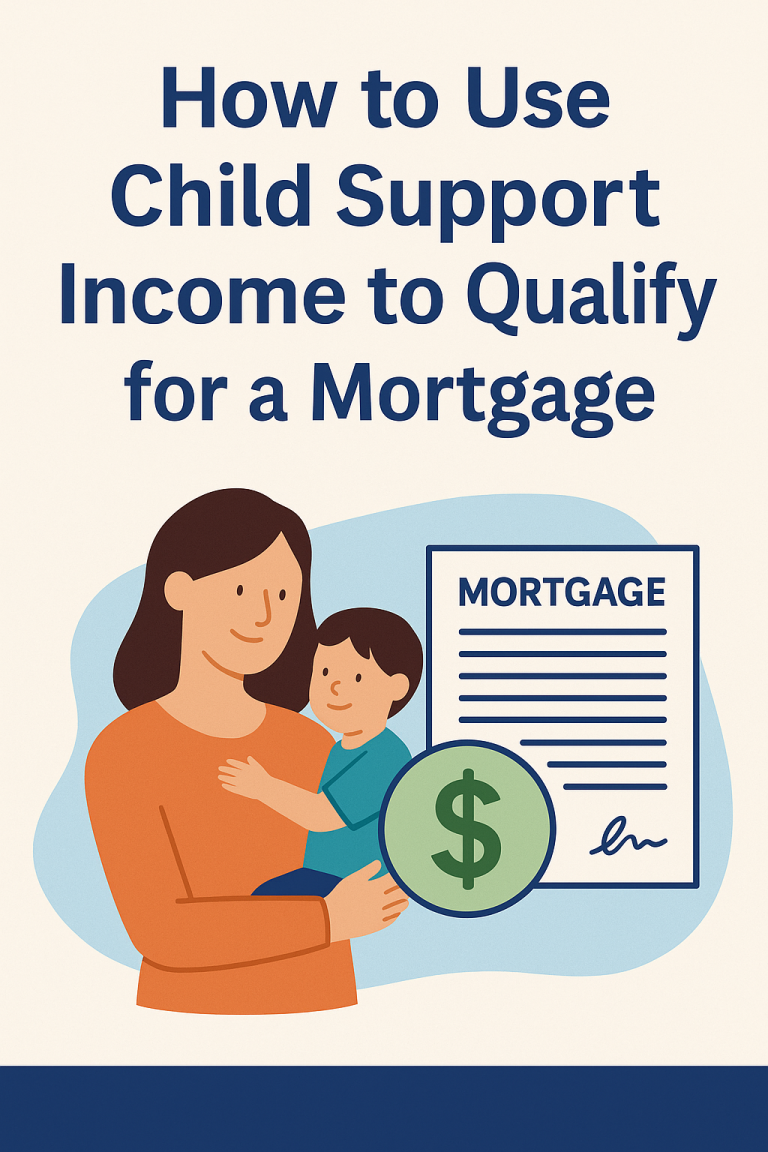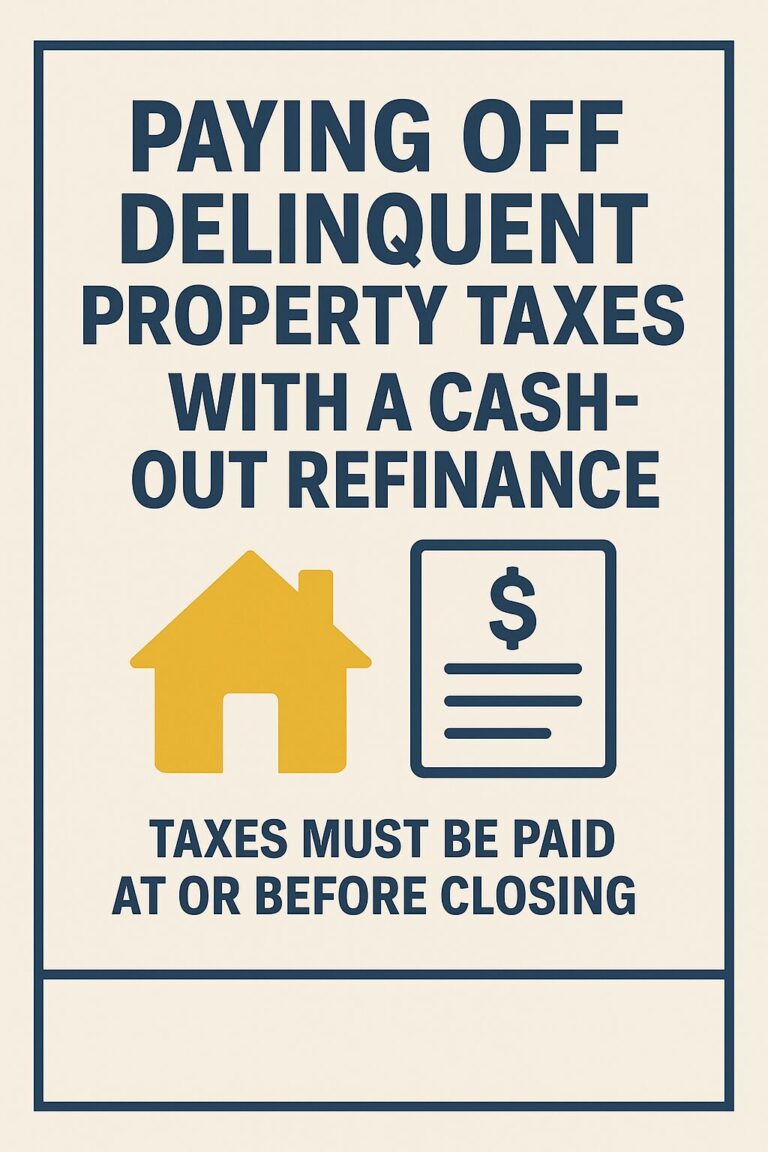Refinancing can shave years off your loan and help you pay off your home faster. Here’s what to consider when refinancing…
When you refinance your home your loan amount can be whatever you choose it to be. It can be a lower than what you currently owe on your home which would require bringing in cash to close or equal to your loan amount where cash to close would still be required, or it could be high enough to roll any associated closing costs into the loan amount subsequently financing those fees over the term of the loan. Here’s a snapshot of each.
Paying down your principal balance
Here is how to aggressively pay off your home faster- write a check and pay down your principal. Moving to a shorter-term debt structure can very easily reduce your interest expense and provide opportunity for you to substantially reduce the cost of homeownership. Paying down your principal balance will mean bringing in cash and any associated closing costs based on your interest rate chosen.
Let’s say you have a loan of $420,000 on your home on a 30 year fixed rate of 4.375%. You’re refinancing a new loan and you can pay your loan down to $400,000 and get an interest rate at 3.625%. Let’s say your closing cost are 1,500 and your impound account monies are $2,000. Let’s say the mortgage payment on the old loan you’re paying off was $2,500 per month. The total cash to close you would need would be $26,000, which is the difference in principle, the $1,500 in closing costs, the $2000 for the impound account and the additional mortgage payment of $2,500 (estimated pay off added to current principal) as the lender will need to a obtain pay off from the lender being refinanced.
New loan equal to your principal balance.
This one is a biggie. By keeping your loan equal to the amount of current principal balance you’re continuing to chip away at the debt over time in a cost favorable way. The new lender financing your home would have to set their new loan amount equal to your exact current principal, which means closing costs, any impound account monies and pay off/prepaid interest would be due at close of escrow, requiring cash.
Rolling fees in
This is the most common approach because the payment change generally equates to just a few dollars per month. If you can finance the closing costs for a few dollars per month, for many, that can be a lot easier than writing a check in cold hard cash. Your new loan amount is reflective of paying off your existing note, interest, fees (if applicable) and accounting for an escrow account (if applicable). Rolling fees into the loan can help keep your cash liquid while at the same time meeting your payment and cash flow objectives of the refinance.
If you’re looking to refinance your house begin an experienced lender. They can walk you through the cost benefits and options available to you so your goals are in alignment with your liabilities.
Looking for a mortgage? Begin with a free quote now.
Share:
RELATED MORTGAGE ADVICE FROM SCOTT SHELDON
View More from The Mortgage Files:
begin your mortgage journey with sonoma county mortgages
Let us make your mortgage experience easy. Trust our expertise to get you your best mortgage rate. Click below to start turning your home dreams into reality today!



